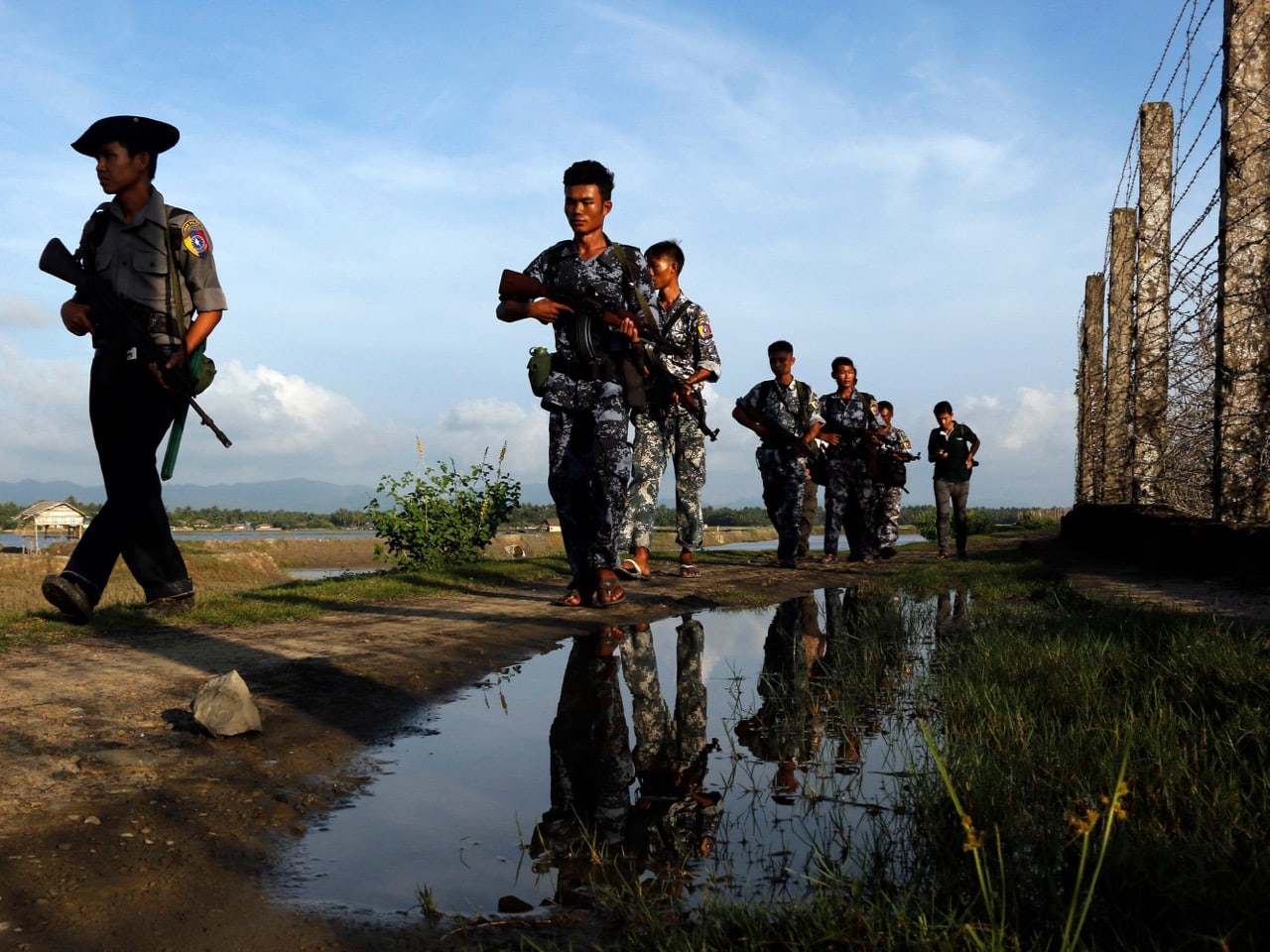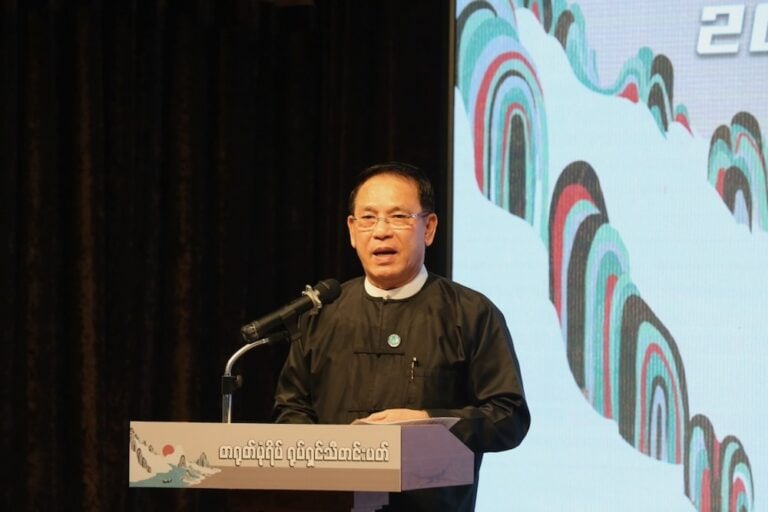A "Myanmar Times" journalist was fired after reporting allegations that state security forces in northern Rakhine State raped dozens of Muslim women during their counter-insurgency operations.
This statement was originally published on seapa.org on 4 November 2016.
Myanmar Times’ firing of reporter Fiona MacGregor demonstrates the difficulty that media and journalists are facing in their coverage of the rising tensions in Rakhine State.
In a 3 November 2016 email with the subject line “Media freedom,” MacGregor wrote: “It is extremely important that a precedent is not set that allows the presidential spokesperson to use social media or any other means to personally attack journalists for reporting on these matters or for the government to be allowed to consider this an effective way to silence the media…. It is difficult enough for local journalists in this country to report on Rakhine without the threat of this kind of intimidation coming from the president’s office.”
According to news reports, the Myanmar Times cited company policy on “damaging national reconciliation and the paper’s reputation” to discharge her.
MacGregor writes on gender-based violence in conflict areas. On 27 October, she reported allegations that state security forces in northern Rakhine State “raped dozens of Muslim women” during their counter-insurgency operations.
MacGregor’s article published by Myanmar Times is still accessible as of press time.
Since violence broke out on 9 October, the Burma Army has blocked media access beyond the Maungdaw Township in Northern Rakhine State. Reporters and photographers from local news organizations were barred from traveling to the Rohingya-majority villages, with authorities saying it was for the journalists’ own “safety.”
“The handling of journalist access to the conflict areas in Rakhine state is disgraceful,” said SEAPA executive director Edgardo Legaspi.
“Access is key for the media to do its role of providing a complete picture of the conflict. Blocking prevents the media from independently verifying information on the ground, where human rights abuses happen. Media coverage can actually help push the peace process forward,” he explained.
“It appears that the Burmese military is still very much insistent on maintaining its monopoly of information that it enjoyed under the previous regimes,” he added.



